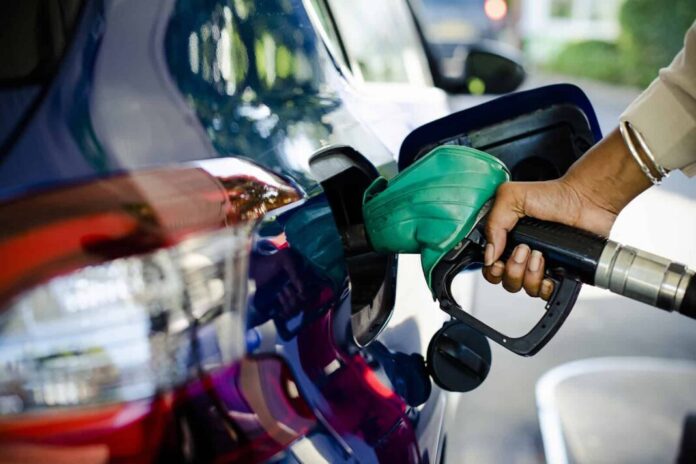The federal government is reportedly contemplating maintaining the current ex-depot prices of petroleum products from March 16 to March 31.
This decision comes in response to the country grappling with high inflation rates, affecting the populace’s standard of living.
Recent trends in the pricing of petroleum products have displayed a mixed pattern. There has been a noted increase in the price of petrol, while the costs of other petroleum derivatives have seen a decrease.
Oil marketing companies have provided estimates indicating minimal adjustments in the prices of the four major petroleum products, attributed to a significant premium on petrol and a marginal global increase in fuel prices.
The global oil market has seen the benchmark Brent crude stabilizing at approximately $81 per barrel since the beginning of March 2024.
The pricing structure in the domestic market also incorporates taxes and the inland freight equalisation margin (IFEM), which is currently set at Rs7.01 per liter for petrol and Rs3.76 per liter for high-speed diesel.
Detailed analyses suggest a potential increase in petrol prices by Rs1.07 per liter due to an augmented premium of $12.15 per barrel, up from the previous $10.48.
Should the government endorse this adjustment, petrol prices would ascend from Rs279.75 to Rs280.82 per liter. Conversely, the prices for other petroleum products are projected to decline.
High-speed diesel is anticipated to drop by 82 paisa per liter, kerosene oil by 94 paisa per liter, and light diesel oil by Rs1.56 per liter.
The government’s last adjustment on March 1 saw a rise in petrol prices by Rs4.13 per liter, with the inter-bank rupee-dollar exchange rate remaining stable at Rs279.
High-speed diesel, a crucial fuel for the transportation and agricultural sectors, directly influences the inflation rate, impacting the general populace.
Petrol serves as the primary fuel for motorcycles, passenger cars, and as an alternative to compressed natural gas (CNG), particularly in Punjab, where there is a significant reliance on petrol and imported liquefied natural gas (LNG) due to local gas shortages.
Kerosene oil, predominantly used for cooking in remote regions and by the Pakistan Army, is also affected by these price determinations.




